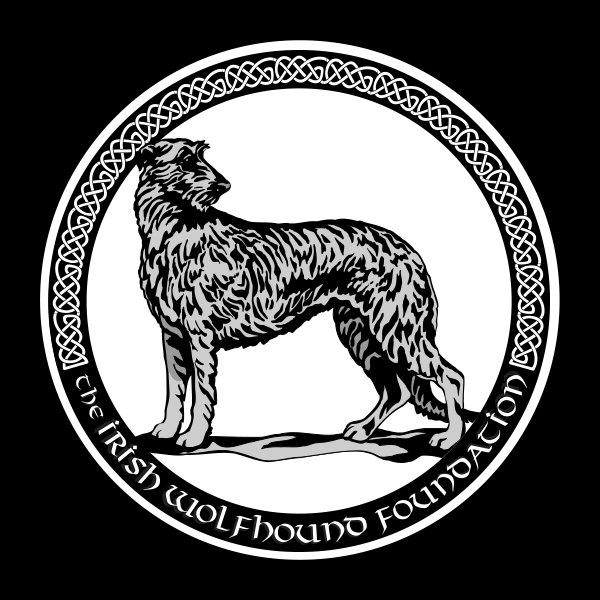First, thank you all so much for the outpouring of concern and offers to help the Texas 72 Irish Wolfhounds.
We wanted to provide you all with an update on this event.
The hounds were released today by the owner to the Houston SPCA. We are currently waiting to see if Houston SPCA will in turn release these hounds to Irish Wolfhound rescue. IF that happens, RMIWA will likely be receiving approximately 10 of these hounds, and the South Central IW Association in Texas will take about 30 (the other 30 will travel up to the North East for placement through rescue there).
We do not yet know if or when we will receive our hounds. At the moment, we are considering foster home placement for those we may receive. We have to be very selective in deciding which foster homes to place these hounds in as they are going to be very special needs (see more below).
If you think you are interested in being considered as a foster or adopting home for one of these hounds, please read the below very carefully before making your final decision. If you decide, after careful consideration, that you would still like to be considered as an adoptive/foster home for RMIWA, please let us know. You may also apply for adoption consideration by the South Central club by submitting an application on their website.
Finally, please be aware that submitting your interest in one of these hounds does not guarantee placement. As always, we on the rescue team will place these hounds on a best-match basis based on the needs we discover that they have.
Because of the situation these hounds are coming out of, they will not be your typical rescue Irish Wolfhounds. These dogs have experienced extreme trauma and neglect, and it is going to have a profound impact on their behavior throughout their lives. Dogs from hoarding situations are similar to dogs rescued from puppy mills: they tend to be extremely undersocialized and inexperienced with what many of us would call a "normal" household environment. Many of these dogs will have lived in a kennel their entire lives. They may be unfamiliar with floor surfaces other than concrete, unused to using the bathroom except in their kennel, unused to human interaction, possibly even unused to interaction with other dogs except through a fence. Mill and hoarder dogs tend to be neophobic: highly afraid of any new individual, situation, environment or experience. They will not be used to being inside a home, walking on carpet, going through doorways, going up or down stairs, common household sounds, meeting strangers, walking on leash, riding in cars...etc. They will likely not be housebroken, even though they are adults. They will have a high likelihood of trying to escape or run away if something startles them, and will need to be supervised when outside and possibly kept on-leash inside and outside for quite some time until they truly adjust to their new lives. While we hope to help begin their rehabilitation in foster, they will go to their new forever families still in intense need of long-term, gentle, focused care to make them feel safe and comfortable.
Every dog is different and some may rehabilitate from their experience faster and more easily, but there is a high likelihood that these hounds will never be the "normal" mellow, graceful companion so many of us picture when we consider bringing a wolfhound into our lives.
Please carefully consider the above. Be honest with yourself on if this is the type of hound you would like to welcome into your home. While working with a dog who has experienced trauma can be highly rewarding, it is also WORK. You owe it to yourself, your family, and the hounds to think it through.
Rocky Mountain Irish Wolfhound Association Rescue Team


